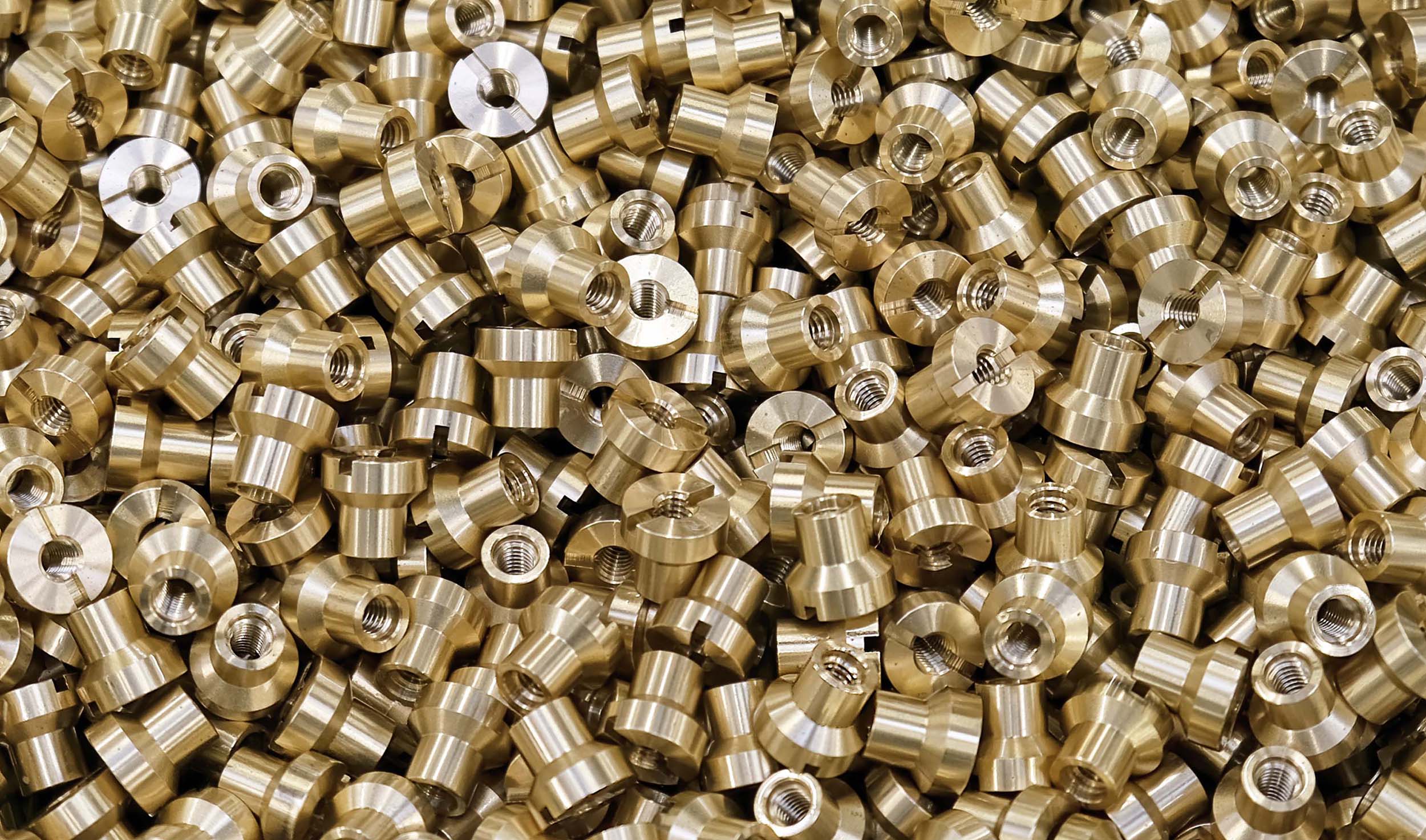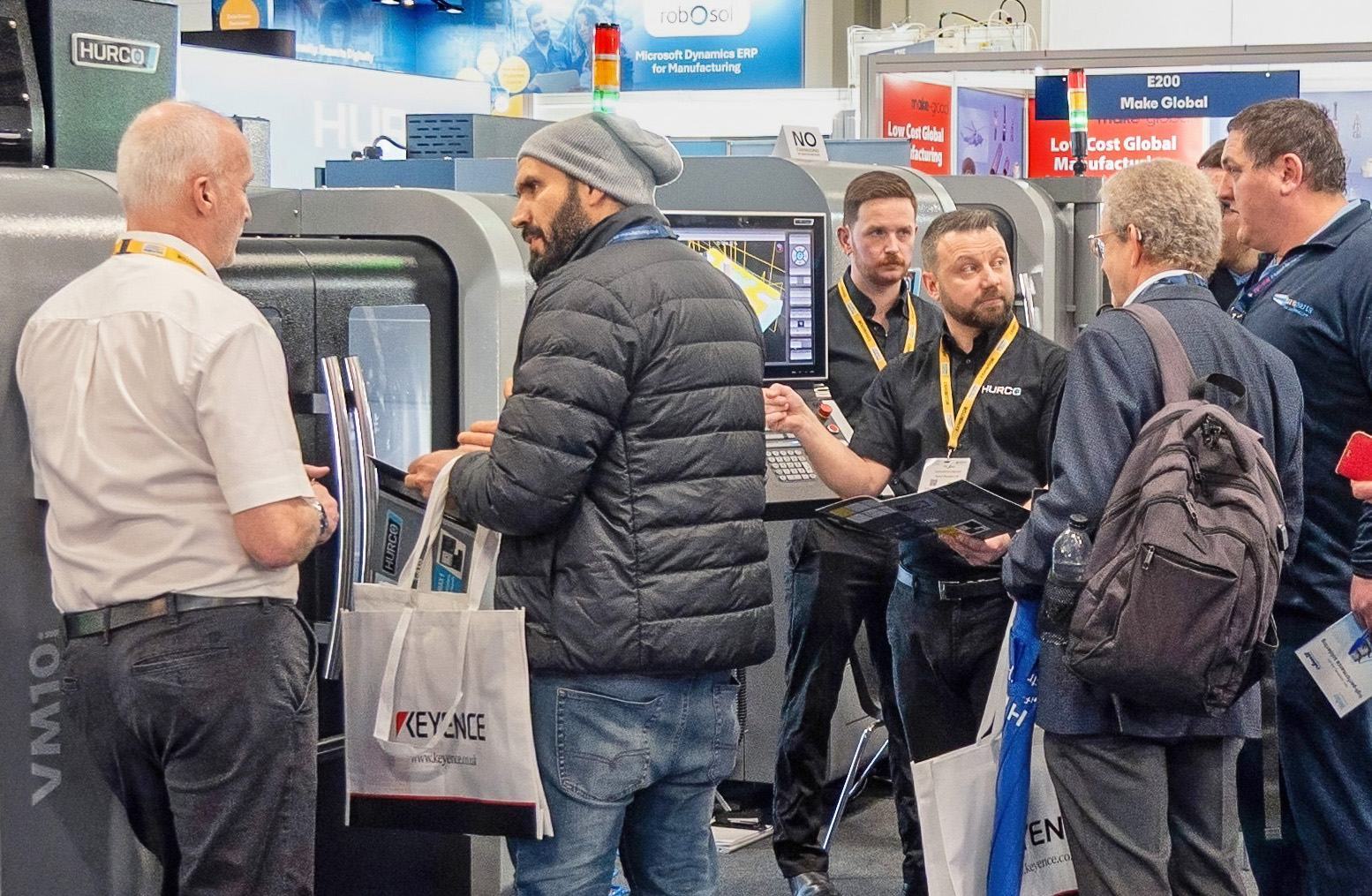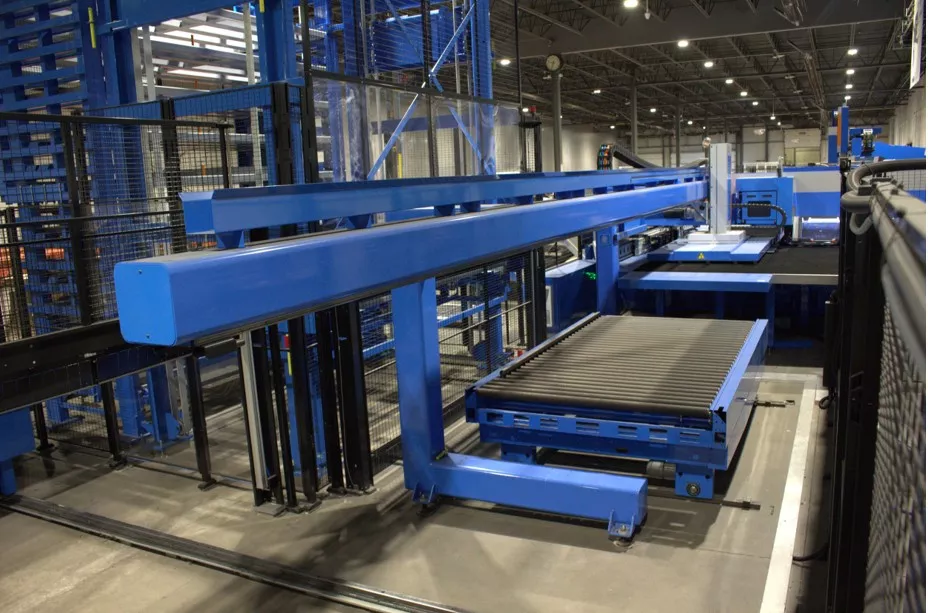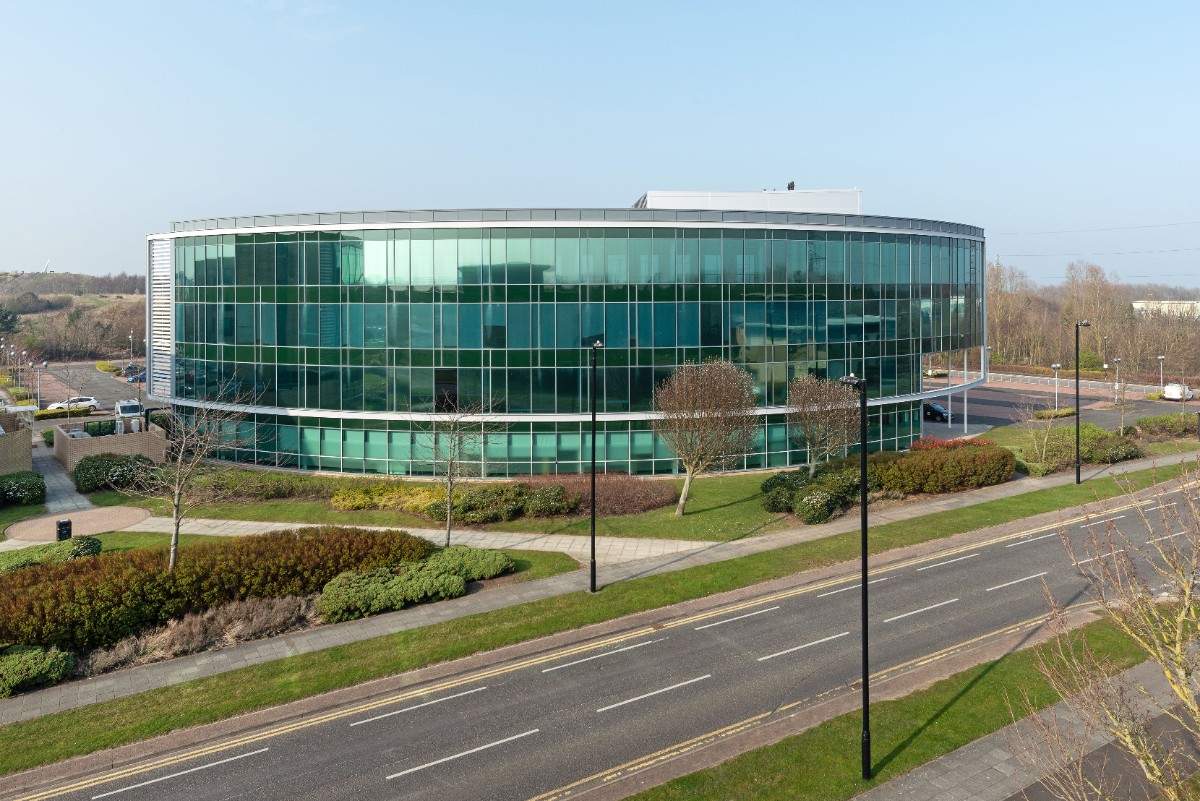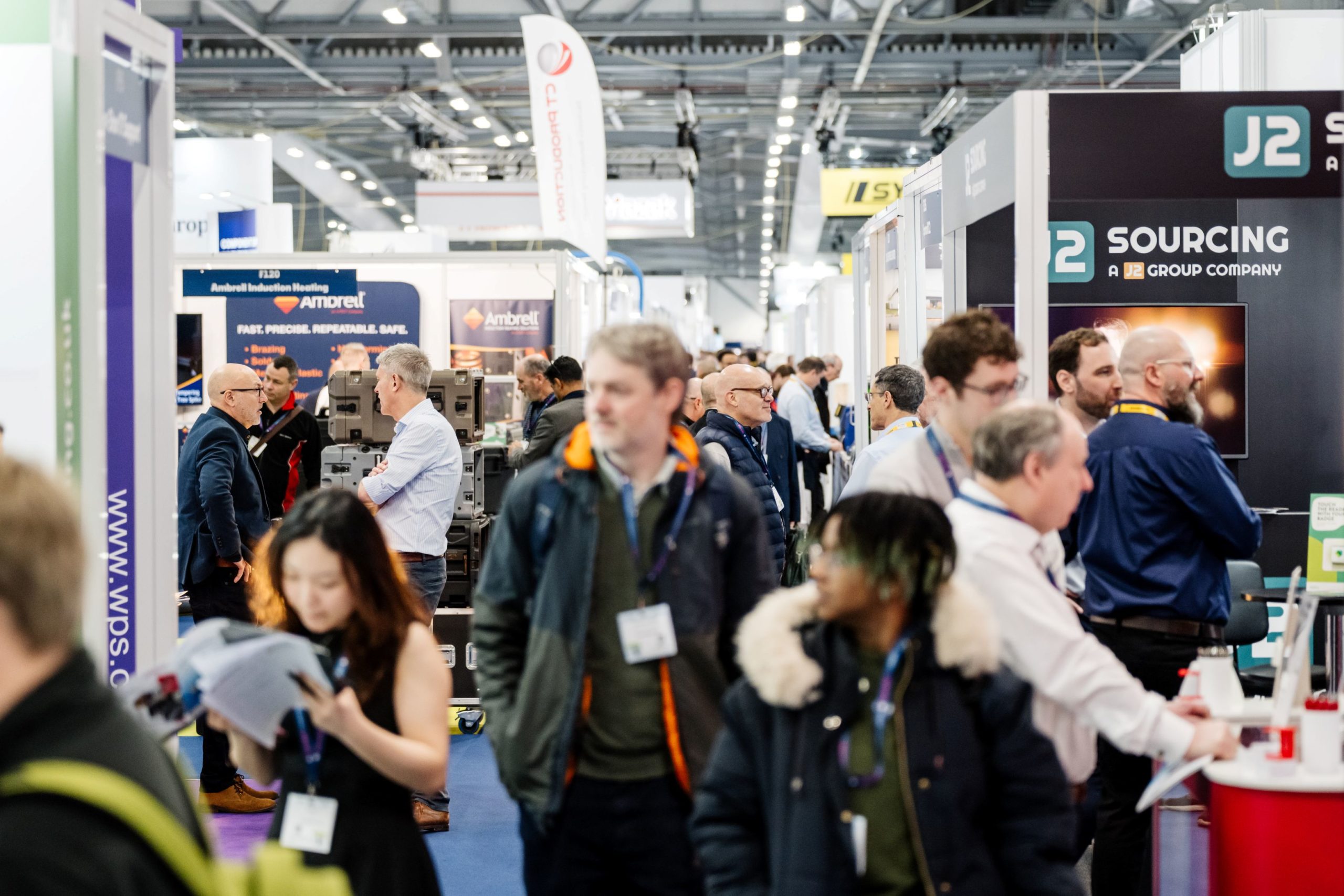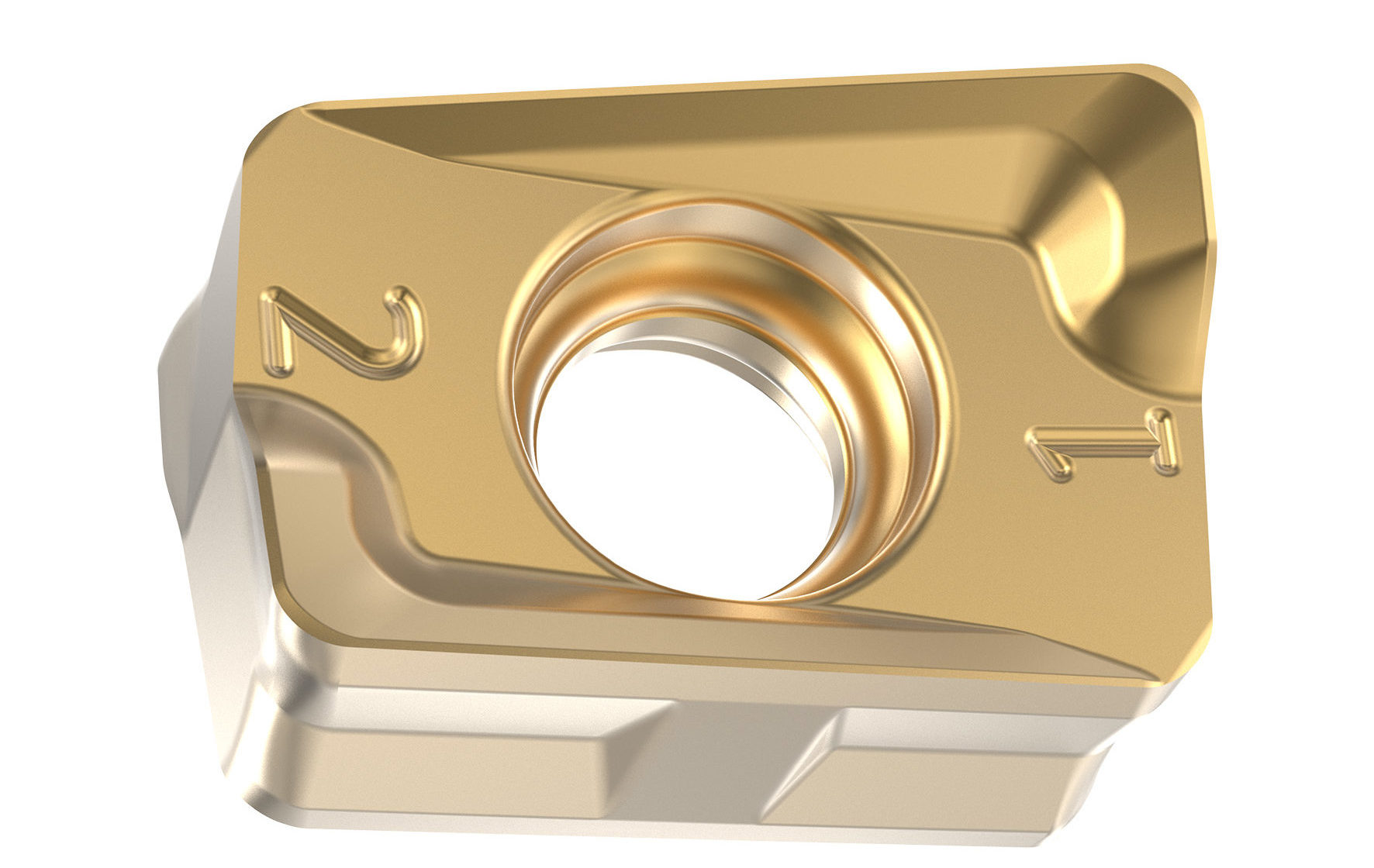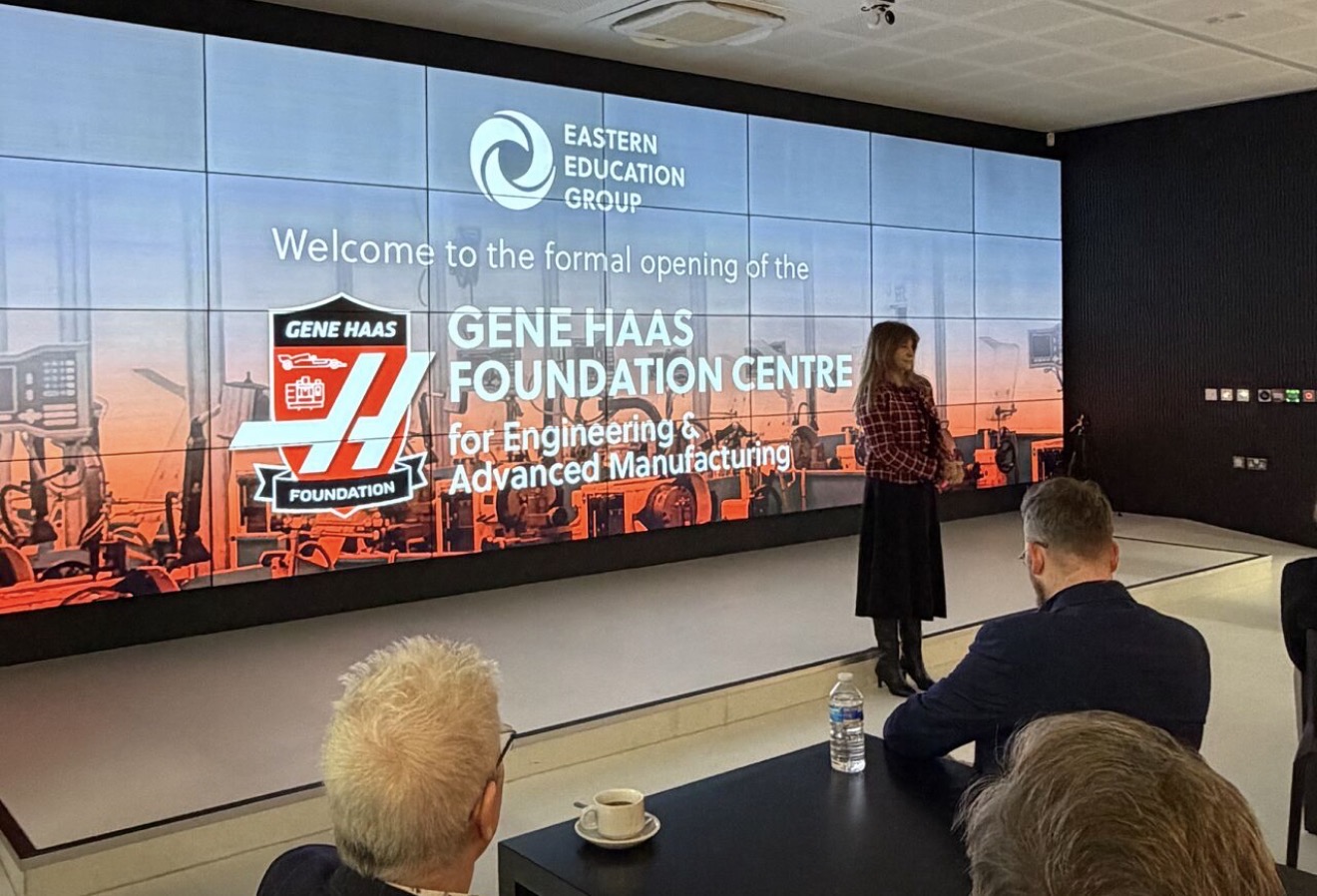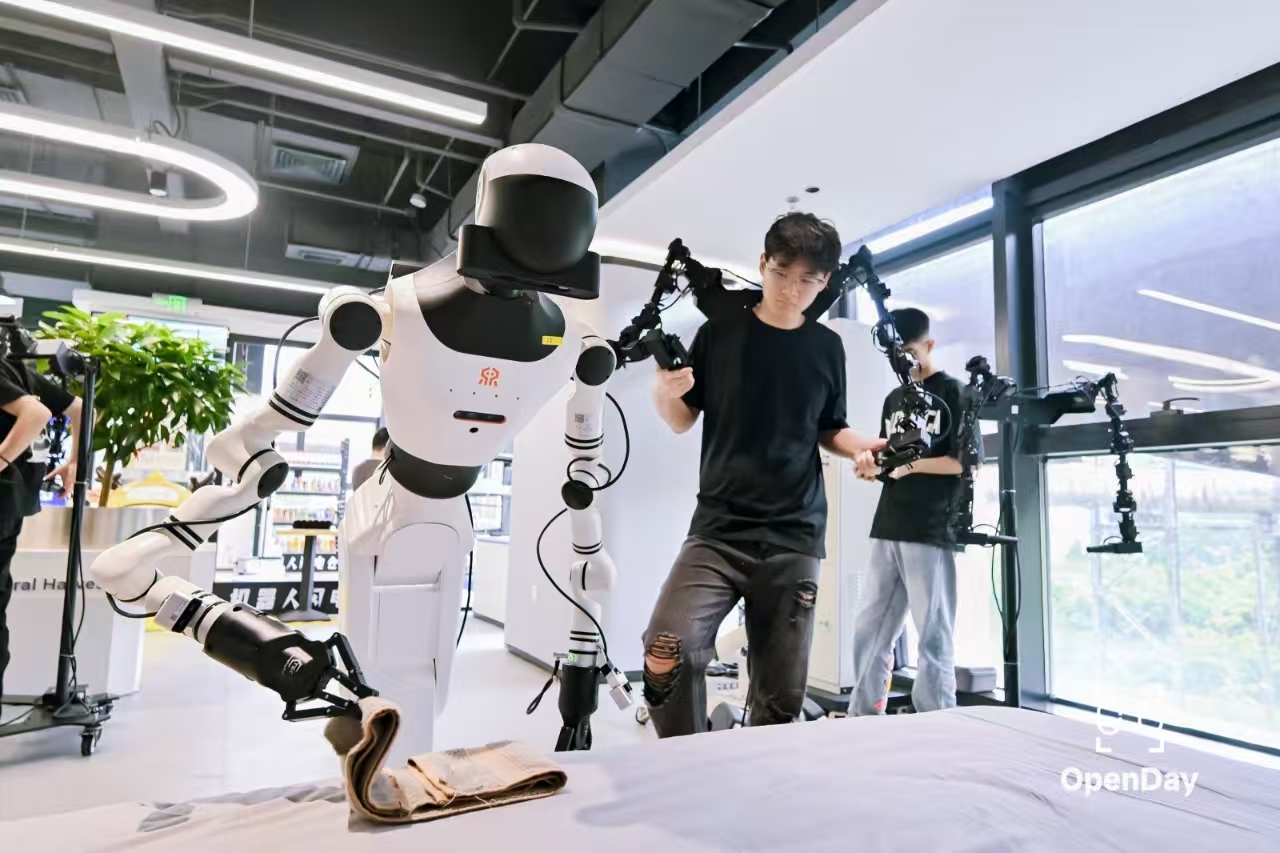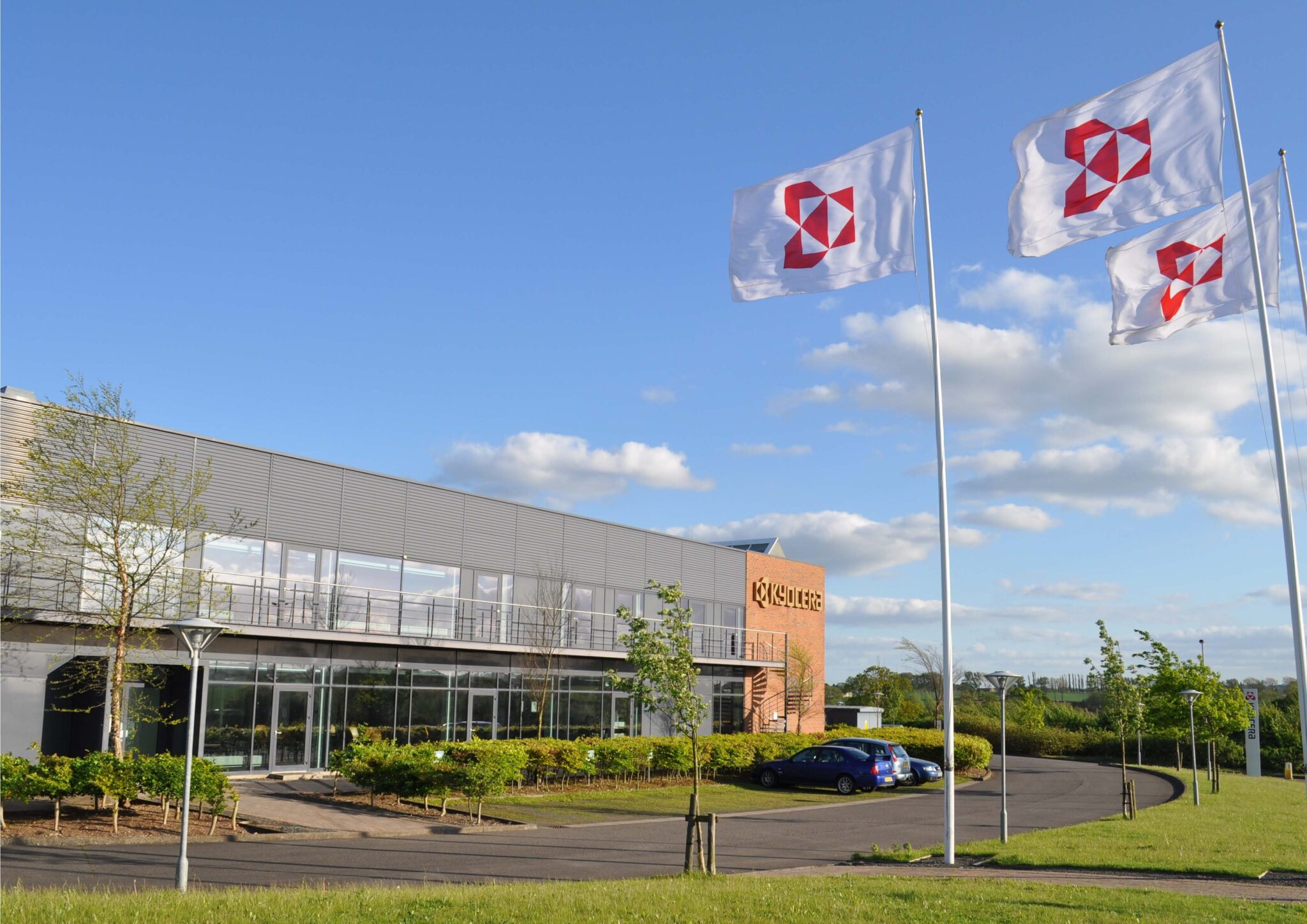Fabricator rebalances strategy
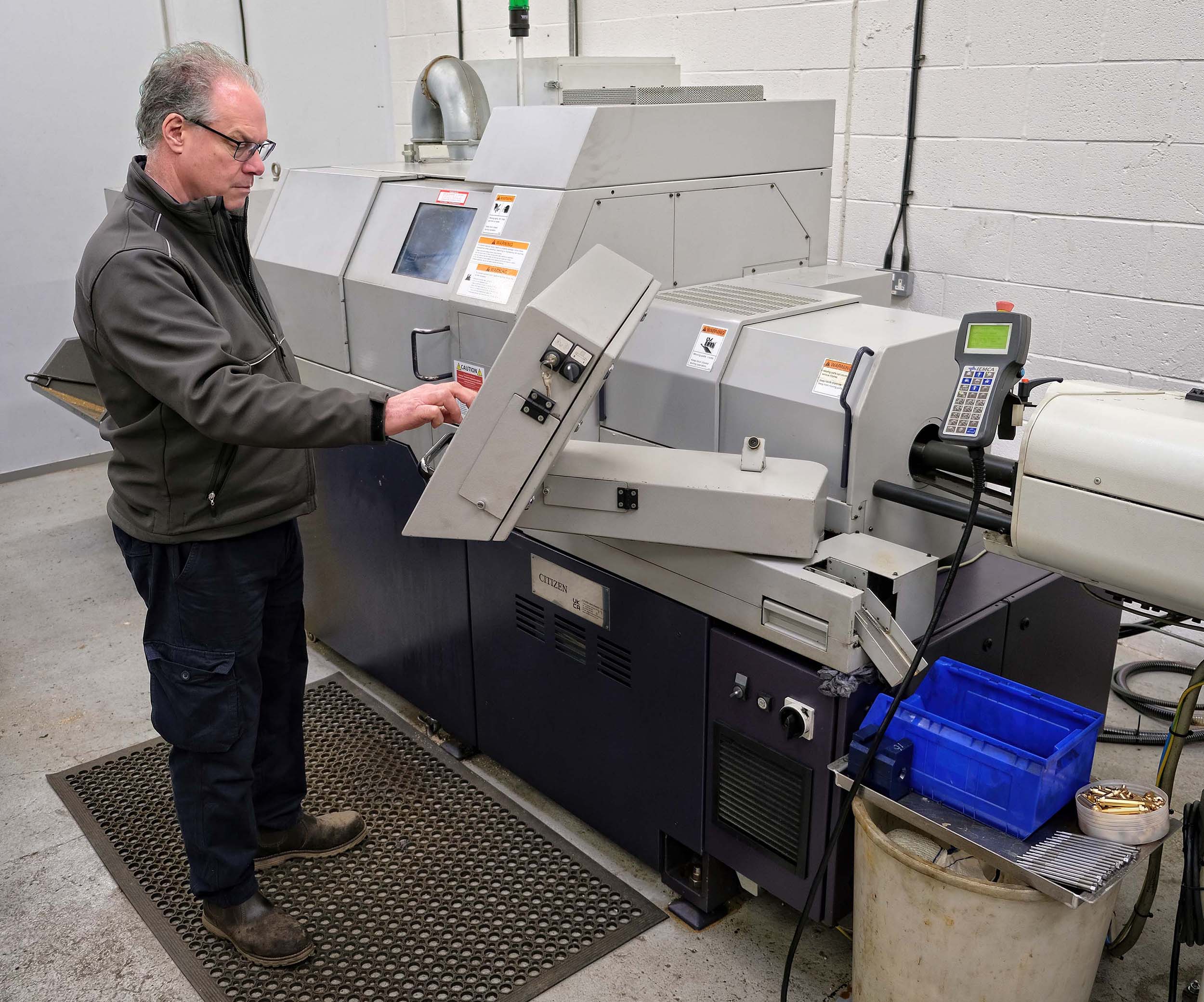
Twenty years ago, Gareth Davies started Burton-on-Trent company TAS Engineering as a steel, stainless steel and aluminium fabrication shop serving food and beverage customers, the pharmaceutical and automotive sectors, and industry in general with fire escapes, factory staircases and secondary steelwork.
In 2014, he established a machine shop to add extra value to the products the company was shaping and welding. Today, there is a pair of 3-axis, vertical-spindle machining centres on-site and three CNC lathes, the latest of which is a second-hand Cincom L20 sliding-head turning centre from Citizen Machinery UK.
What prompted the purchase in October 2023 of this 20-year-old lathe, the company’s first sliding-head model, was a desire to turn more efficiently components in a range of materials from bar up to 20 mm in diameter. A case in point is the ongoing production since 2020 of a 16 mm diameter, 316 stainless steel magnet holder, which is welded to a small, laser-cut and bent plate to form part of a safety unit for industrial switchgear. The turned component, of which 200 are required per month, was previously produced complete on one of two fixed-head, twin-spindle lathes (that have since been sold) in a 2.5-minute cycle.
Mr Davies had previous experience of programming and setting sliding-head lathes, albeit from 40 years ago working for a subcontracting firm in London that happened to be the first ever customer of the Citizen sales agency at that time. The lathes were equipped with servo-driven cams and while the technology has moved on enormously over the decades, the underlying principle of operation is still similar.
It was apparent that the steel magnet holder could be produced more quickly on a modern Citizen L20 twin-spindle, sliding-head turning centre than on a fixed-head lathe due to the faster axis motions of the gang tool carriers on the former compared with the turret movements on the latter. However, Mr Davies was surprised to find that the part could be machined more than three times faster on the Cincom, the cycle now taking just 48 seconds.
The sliding-head turning centre was installed and commissioned in October 2023, so it is still early days. Nevertheless, four additional jobs had been won by the end of the following January as a result of having the capacity available on the shop floor. None of this new work has anything to do with the fabrication side of the TAS Engineering’s business. One contract involved the production of 1,000-off brass parts for a customer in industrial gases, which ran 24/7 for one week, despite Mr Davies being new to sliding-head lathe operation.
The other jobs were 70-off engine parts produced from steel bar in one hit rather than in two operations on a fixed-head lathe plus another on a mill; 3,000-off heritage railway carriage brass fixing pins; and another component for the industrial gases sector machined from 0.75-inch diameter CZ121.
Mr Davies commented, “Although all the parts are relatively simple, some tolerances are tight. The bore on one of the components for industrial gases has to be held to 0.05 mm total and the engine shaft OD must be within 0.04 mm.
“Despite the Cincom being 20 years old, provided we run it at sensible feeds and speeds we achieve this level of accuracy easily.
“Not only that, but we have confidence leaving the machine running unattended to get on with other tasks, as all dimensions repeat from part to part to within 15 microns.”
He went on to mention that although the purchase price of the lathe was only about one quarter of the investment needed for a modern 20 mm capacity Cincom in the manufacturer’s L-series, he was treated by all Citizen Machinery UK staff as though he were purchasing a new L20. “They went above and beyond what would normally be expected for the sale of a used machine and the delivery, commissioning and training were exemplary,” he said. “I cannot sing their praises highly enough.”
TAS Engineering is currently undergoing a metamorphosis whereby, while fabrications will continue to play a part in the business, in the future it will only be if they undergo prismatic machining or contain turned parts. Already this policy has seen the contribution of chip removal, mostly metal and but also plastic, in the factory rise from 10% to 90% of turnover. It is a progression that was accelerated by the Covid pandemic, when on-site visits to provide customers with fabrication services were forbidden.
Another insight offered by Mr Davies is the formidable financial advantage of purchasing a good quality used machine tool, provided that one can be sourced, which is not always easy. His L20 had only 40,000 hours on the clock when it arrived, equivalent to having run for a single shift every weekday. It is notable that, for the jobs completed so far, repayments on finance for a new Cincom would not have been viable.
On the other hand, paying back only one-quarter of the amount puts TAS Engineering in a strong position to quote for work very competitively, especially if it is not especially complex. Moreover, small quantities are also practicable, provided that the machine can be set up quickly. Mr Davies often uses Citizen’s Alkart Wizard software running on his laptop to speed programming and downloads the code to the control.
Applications engineers at Citizen Machinery UK are always on hand to assist when needed. A recent instance was when Mr Davies was worried about possible damage to the steel engine shaft as it was ejected from the sub spindle. Within an hour, a response was received advising him to omit an M-code at the end of the cycle and replace it with a specific line of alternative code that worked perfectly as soon as it was implemented. “Such after-sales engineering back-up is invaluable, especially if you are new to sliding-head turning,” he concluded.
